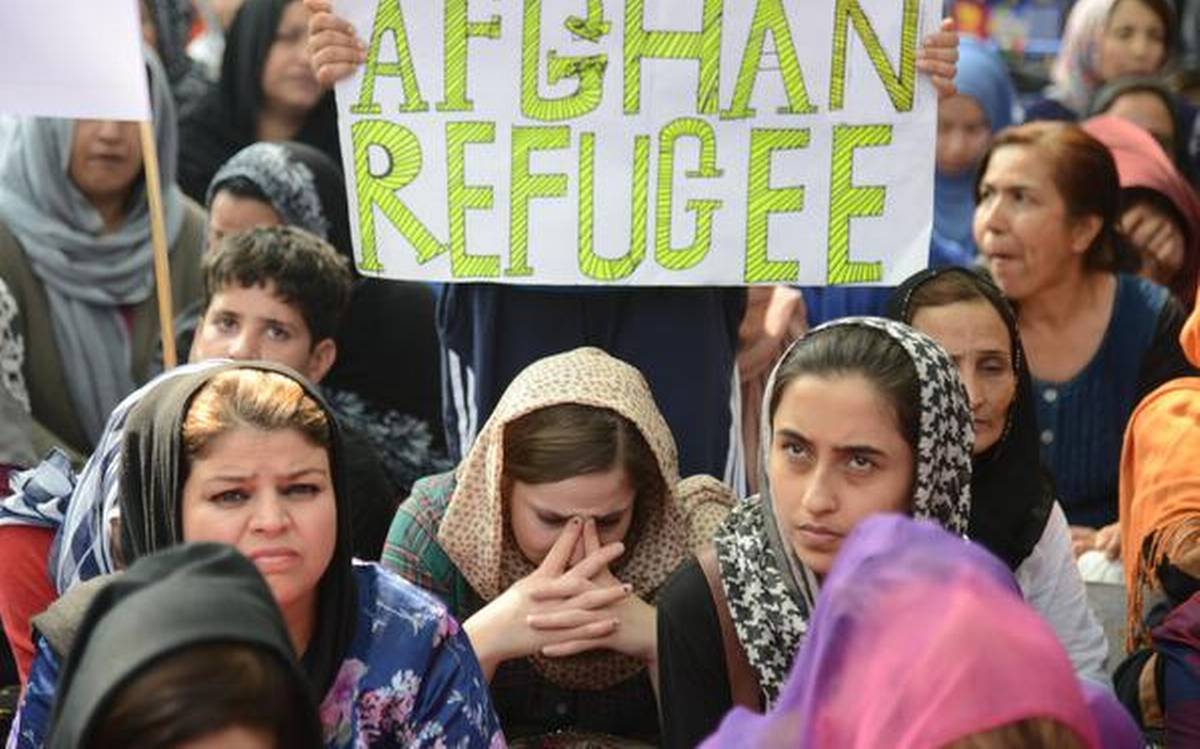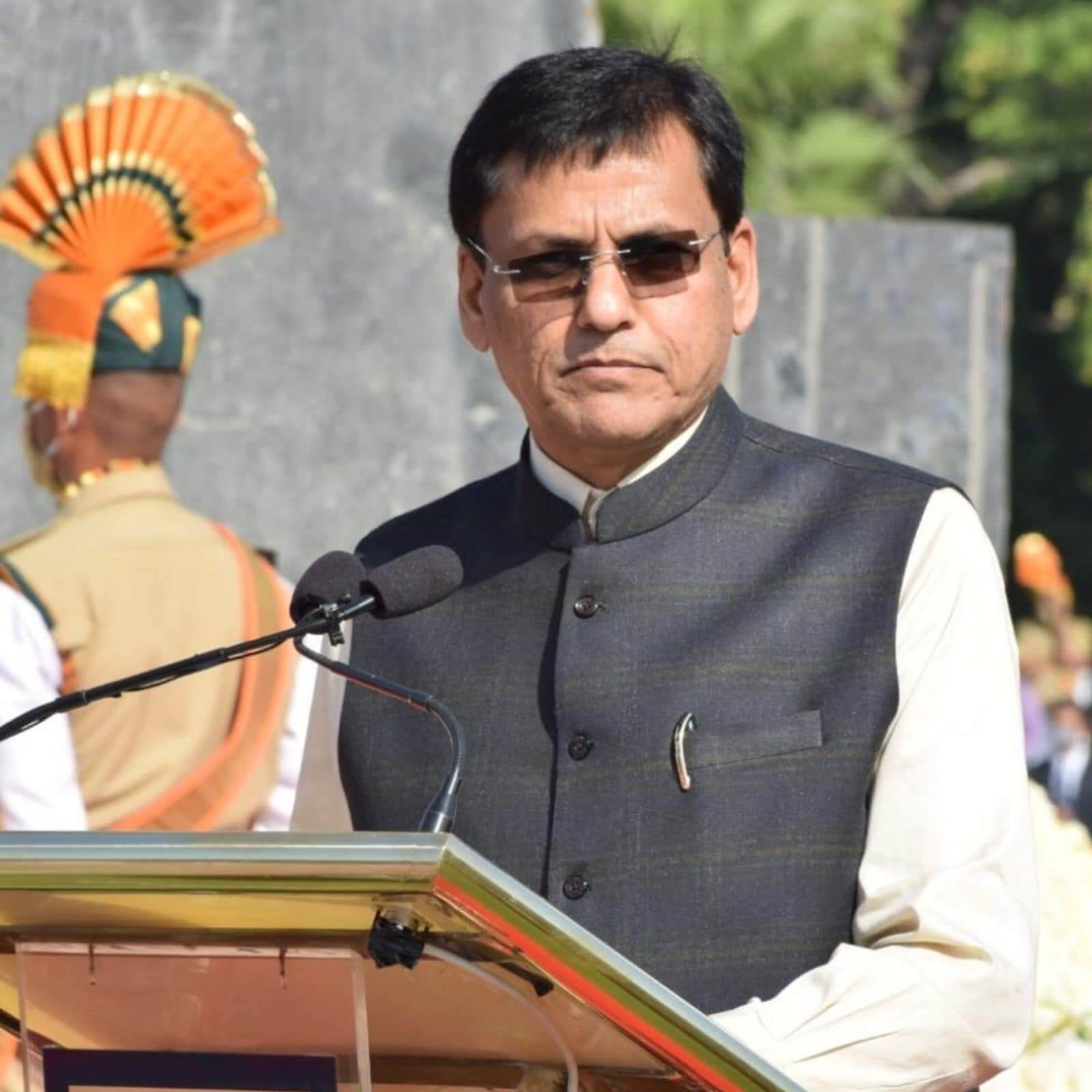During the Rajya Sabha session on Wednesday, Indian Minister of State for Home Affairs Nityanand Rai revealed that 3,117 members of minority communities from Pakistan, Bangladesh, and Afghanistan had been granted Indian citizenship over the past four years.
Rai was responding to a question by Dr K Keshav Rao, a member of parliament from the Telangana Rashtra Samithi, who enquired about the total number of citizenship applications received from members of the Hindu, Sikh, Jain, and Christian communities from the three countries since 2018.
The Minister responded that 8,244 applications had been received during the period, of which 3,117 were accepted. He added that 2,254 foreigners from across the world had also been granted citizenship between 2018 and 2020. Rai clarified that all refuge seekers are governed by the provisions of the Foreigners Act, 1946, the Registration of Foreigners Act, 1939, the Passport (Entry into India) Act, 1920, and the Citizenship Act, 1955.
Rai further noted that as of December 14, 2021, 10,635 applications are still pending. Out of these, 7,306 are from Pakistan, 1,152 from Afghanistan, and 161 from Bangladesh. In addition, 428 others have been identified as stateless people. He also said that 222 Americans and an equal number of Sri Lankans, 189 Nepalis, and 161 Bangladeshis have applied for Indian citizenship. He further reported that India had received ten applications from China that are still pending. Taking all of this into consideration, Rai highlighted that Pakistani nationals comprise 70% of the applications for citizenship.

In December 2019, the Indian Parliament passed the Citizenship (Amendment) Act (CAA), which was brought into effect on January 10, 2020. However, the rules that will guide the law’s on-ground implementation have not been framed yet. The government has until January 2022 to publish these details.
The passage of the CAA had resulted in widespread protests across the country. The legal framework that developed following the passage of the law, in essence, provided minority religious communities in Bangladesh, Pakistan, and Afghanistan with Indian citizenship. The law stated that citizenship would be granted to illegal immigrants belonging to the Hindu, Sikh, Jain, Parsi, Christian, and Buddhist communities from these abovementioned countries. However, opposition leaders and human rights groups criticised the law for singling out Muslims and excluding them from the law.

